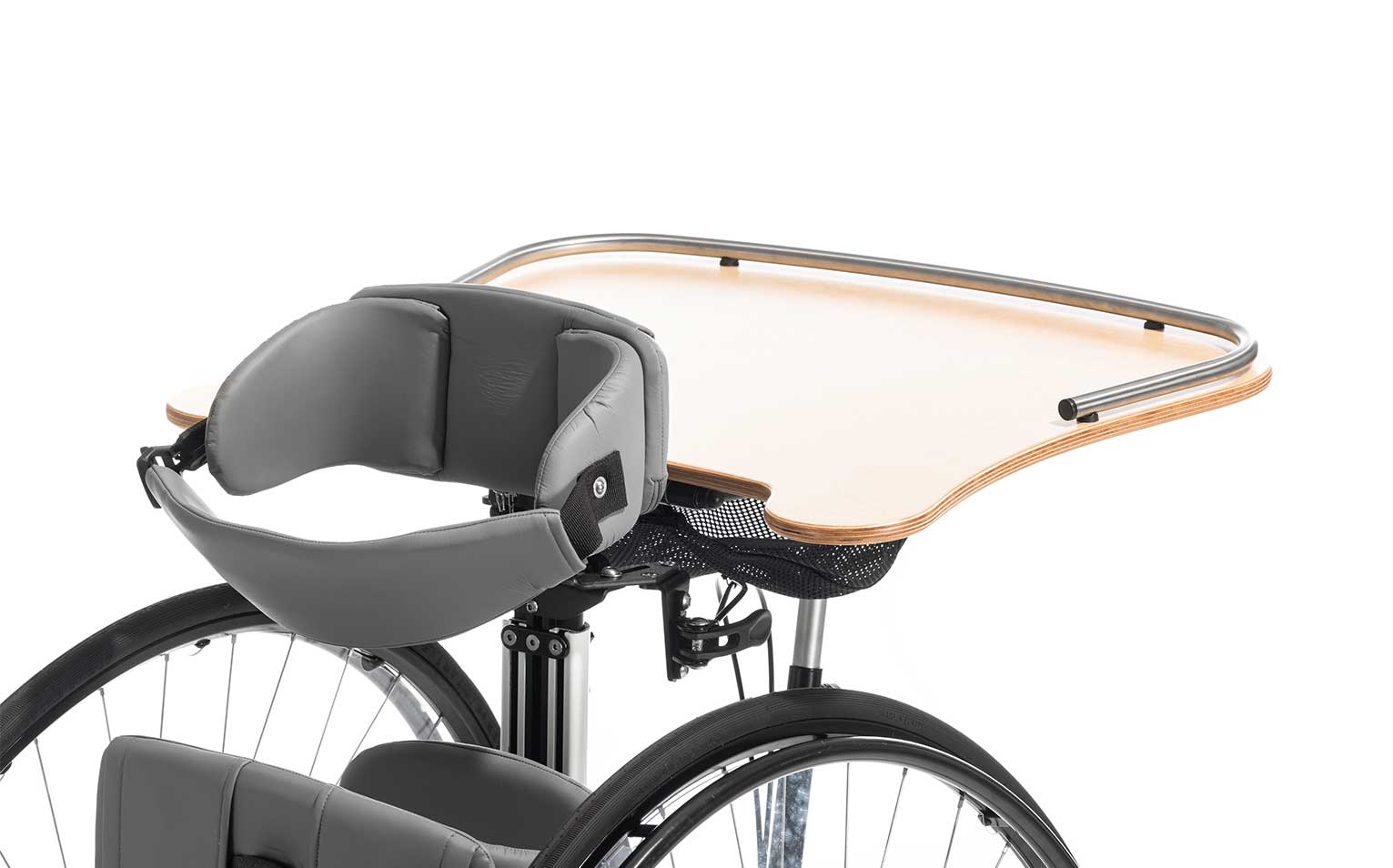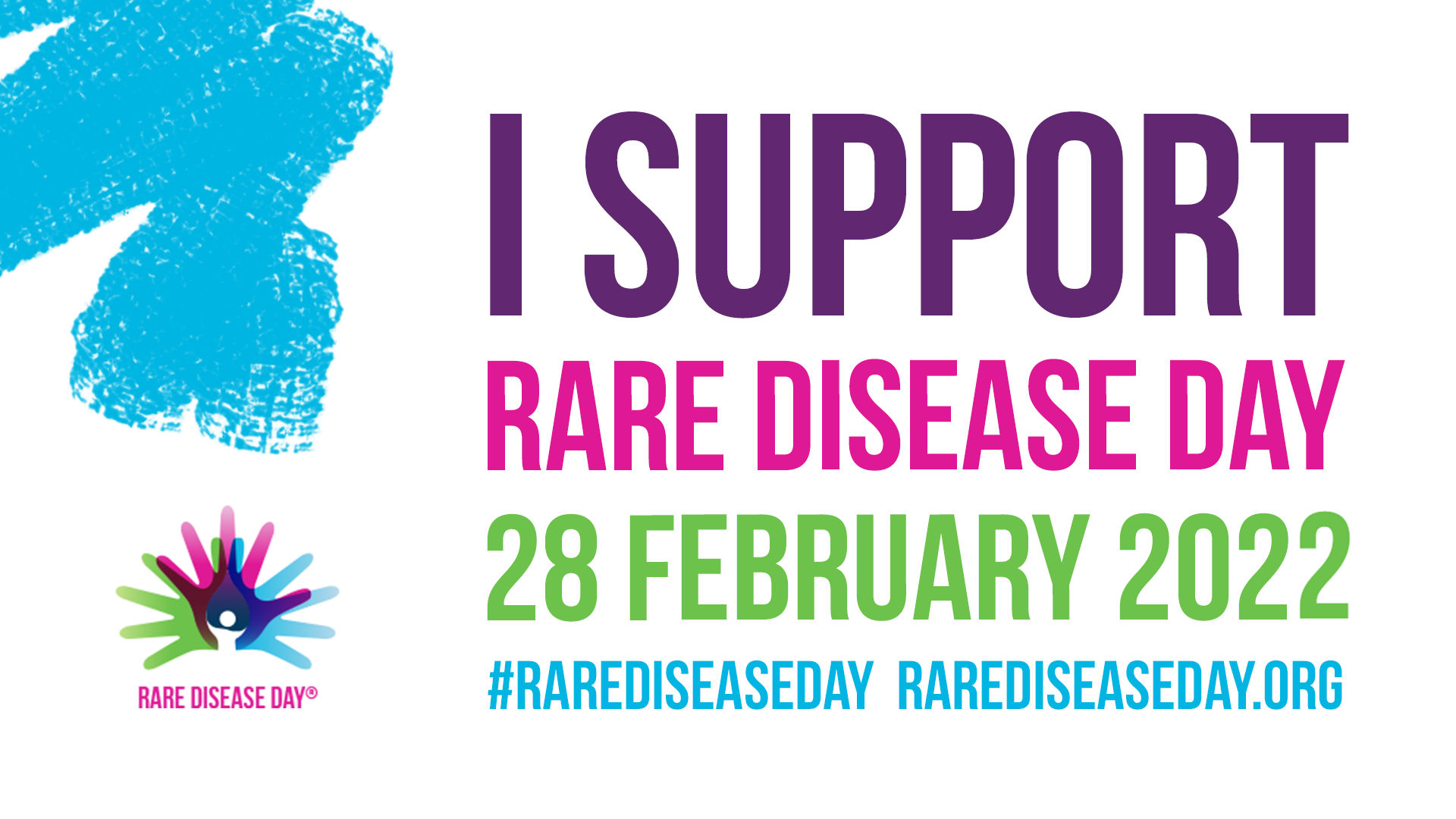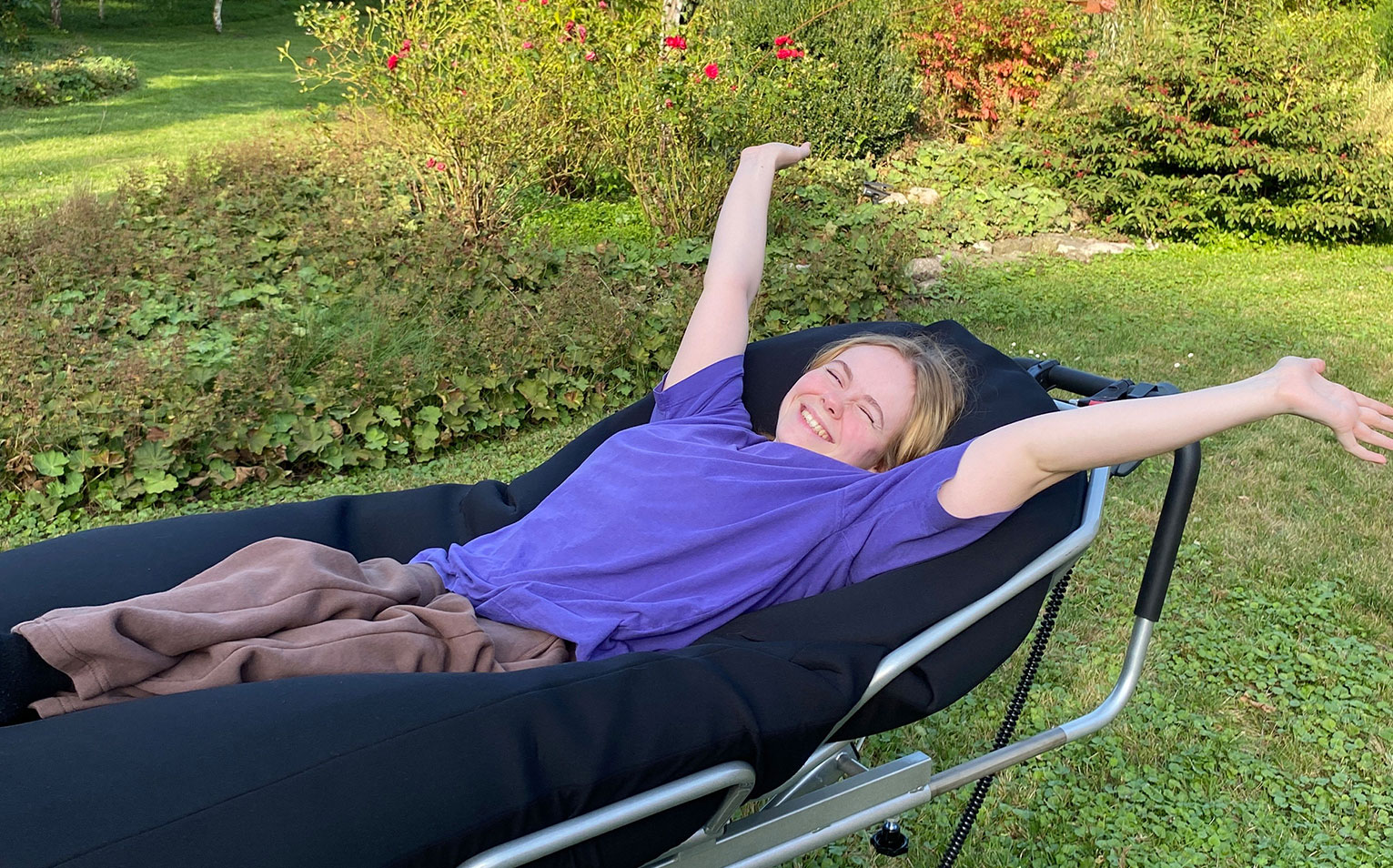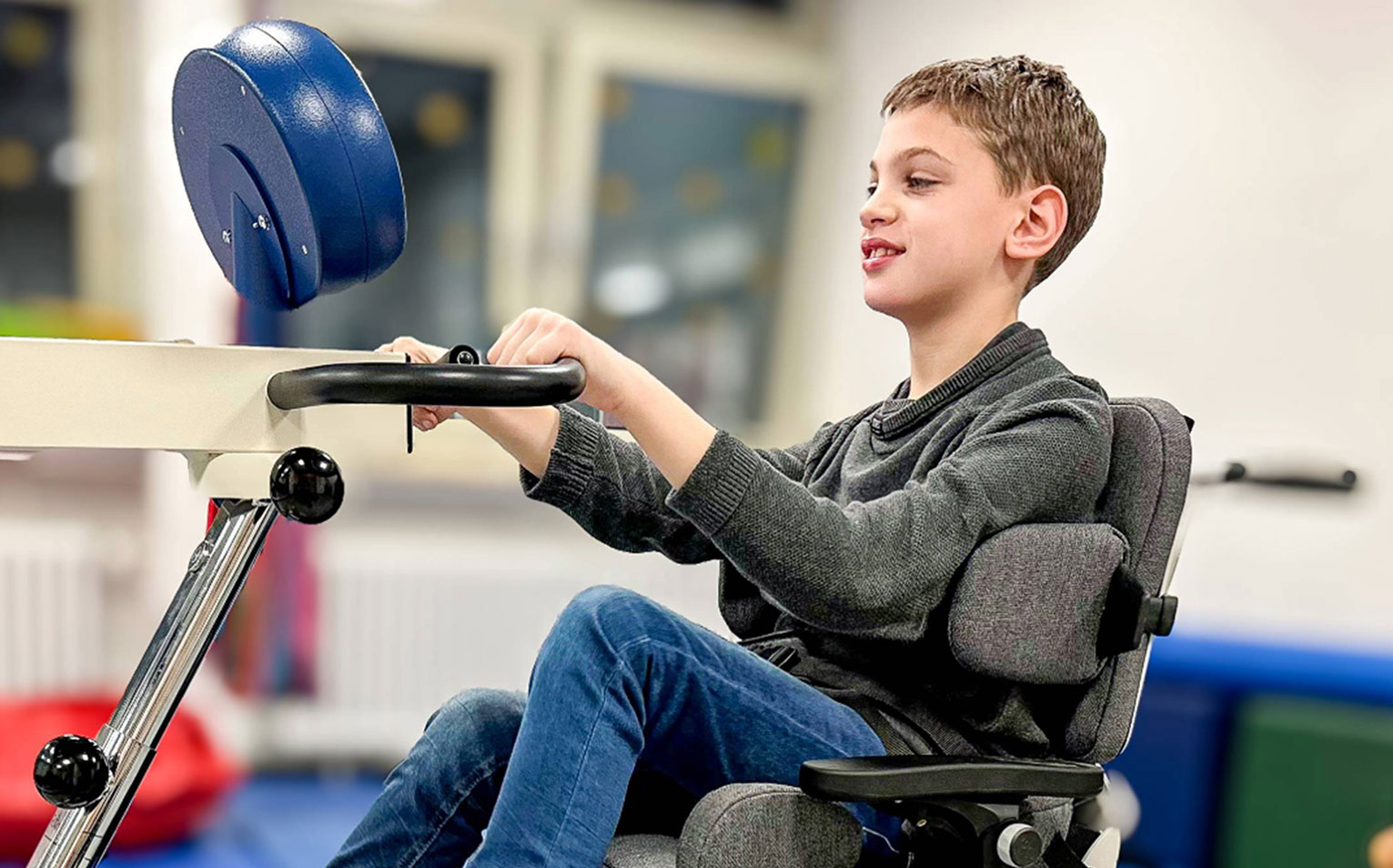Oscar’s enjoying himself with todd.
This makes playing golf fun!
His parents Courtney and Stuart never imagined that Oscar would be able to play golf on his own at his local driving range.
4-year-old Oscar has the rare genetic condition called “Pelizaeus-Merzbacher disease”. Unfortunately, there is currently no prognosis for a cure for this progressive degenerative disease of the central nervous system. The disease affects Oscar’s muscle tone and his mobility and can lead to ataxia.
But the cheerful, ambitious boy does not let this stop him. His great wish is to be independent and to decide on his own where he goes or drives. The todd. standing frame offers him exactly these possibilities. Just like his wheelchair, he can move it independently and due to the upright position he can participate in activities that were previously very difficult for him. Like playing golf.
Independence thanks to todd.
Oscar’s mother Courtney first encountered Schuchmann two years ago at the Kidz to Adultz middle fair in Coventry, she ordered the first madita-fun. therapy chair for her son with the support of our “Product Specialist” Scott Hunter. Scott also introduced her to the todd. standing frame – Cortney was sure that this was just the right thing for her son.
And the young man proves it to us enthusiastically while playing golf. “Oscar has recently had the opportunity to play golf on his own. Something that would never have been possible without the todd.. Oscar is able self-propel and achieve his goals completely independently. It makes me incredibly happy to see him successfully overcome the many challenges in his life,” Courtney told us.
We are so proud to see Oscar enjoying himself with todd. and we look forward to seeing more of his adventures in the future….
The Pelizaeus-Merzbacher disease
“Pelizaeus-Merzbacher disease (PMD) is a rare X-linked genetic disorder affecting the central nervous system that is associated with abnormalities of the white matter of the brain and spinal cord. It is one of the leukodystrophies in which disease is due to abnormal development of one or more components (predominantly fats or proteins) that make up the white matter (myelin sheath) of the brain. The myelin sheath is the protective covering of the nerve and nerves cannot function normally without it. In PMD, many areas of the central nervous system may be affected, including the deep portions of the cerebrum (subcortical), cerebellum, brain stem and spinal cord. Signs may include the impaired ability to coordinate movement (ataxia), involuntary muscle spasms (spasticity) that result in slow, stiff movements of the legs, delays in reaching developmental milestones, late onset loss of motor abilities, and progressive deterioration of intellectual function. The neurologic signs of PMD are usually slowly progressive.
PMD is associated with abnormalities (mutations or variants) in the PLP1 gene. Several forms of the disorder have been identified including classic PMD; connatal (meaning “at birth”) PMD; transitional PMD; and PLP1 null syndrome (no PLP1 protein). Forms of complicated spastic paraparesis and pure spastic paraparesis (designated SPG2) and hypomyelination of early myelinating structures (HEMS) are also caused by variants of the PLP1 gene.”
Source: https://rarediseases.org/rare-diseases/pelizaeus-merzbacher-disease/
















